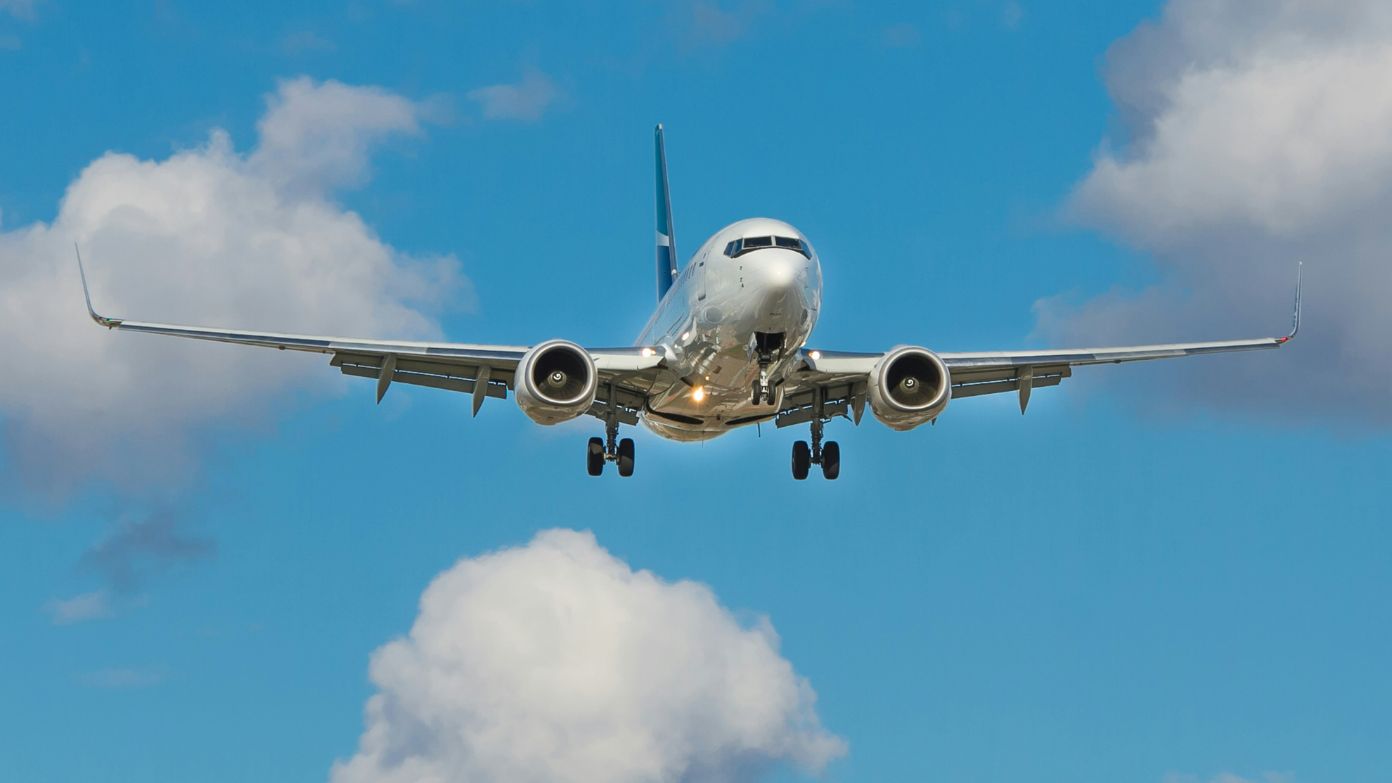If you have ever sat for hours at the airport waiting for a delayed flight, you probably thought, “They should pay me for this.” At one point, that was almost about to happen. The Department of Transportation (DOT) had introduced a proposal to make airlines pay cash compensation for long delays and cancellations. But now, that plan has been dropped, leaving many travelers frustrated.
What was the proposed flight compensation rule
The plan came during the Biden administration, led by then-Transportation Secretary Pete Buttigieg. It would have required airlines to pay passengers cash when delays or cancellations were the airline’s fault.
Here is how the proposal would have worked:
- Up to $300 for domestic delays lasting three to six hours.
- Up to $775 for delays lasting at least nine hours.
- Payments would only apply if the disruption was within the airline’s control.
This sounded like a big win for passengers, especially because other countries already have rules that protect travelers in this way. But before the rule could take effect, DOT announced that it would not move forward with it.
Recommended:
If you invested $1,000 in Intel 10 years ago, here’s how much you would have today
Why the plan was scrapped
A DOT spokesperson explained that the department will follow the consumer protection requirements set by Congress, such as refunding tickets for canceled or substantially delayed flights. But they also said that some rules from the previous administration “went beyond what Congress has required by statute, and we intend to reconsider those extra-statutory requirements.”
In simple terms, the DOT decided the proposed rule was more than the law allows them to enforce. The department stressed that it still intends to protect consumers but must also balance the realities of airline operations and avoid creating regulations that are too burdensome.
What airlines said about the proposal
Airlines strongly opposed the idea of mandatory cash compensation when it was first announced. A trade group called Airlines for America, which represents major U.S. carriers, argued the plan would backfire on travelers. They claimed it would:
- Drive up ticket prices.
- Makes the flight more expensive for travelers on a low budget.
- Complicate airline operations.
After the DOT decision to drop the rule, the group cheered the move, saying, “We are encouraged by this Department of Transportation reviewing unnecessary and burdensome regulations that exceed its authority and don’t solve issues important to our customers.”
In other words, airlines believe they are better off without the rule, and they say passengers will be too, since prices might stay lower.
Recommended:
Big retail changes are coming soon — here’s how shoppers will be affected
What protections passengers still have
Even though the cash compensation plan is gone, you still have some rights if your flight is delayed or canceled. Airlines are required to:
- Offer refunds if they cancel your flight or cause a significant delay and you choose not to travel.
- Provide rebooking options on later flights.
- In many cases, give you meal vouchers or hotel accommodations if delays are the airline’s fault.
What you will not get, however, is guaranteed cash for your inconvenience. That remains one of the biggest differences between the U.S. and other countries, where passengers receive stronger protections.
What could happen next
The DOT is not done reviewing airline rules. Officials are currently looking at:
- Which types of cancellations require refunds.
- Whether to roll back a Biden-era rule that requires airlines to disclose fees upfront, such as baggage and seat selection charges.
So while the cash compensation plan is off the table for now, the broader debate over airline accountability and passenger rights is far from over.
Related article:
Newark Airport problems continue: FAA to cap flights through end of year
Spirit Airlines files for bankruptcy – again; what it means for travelers

